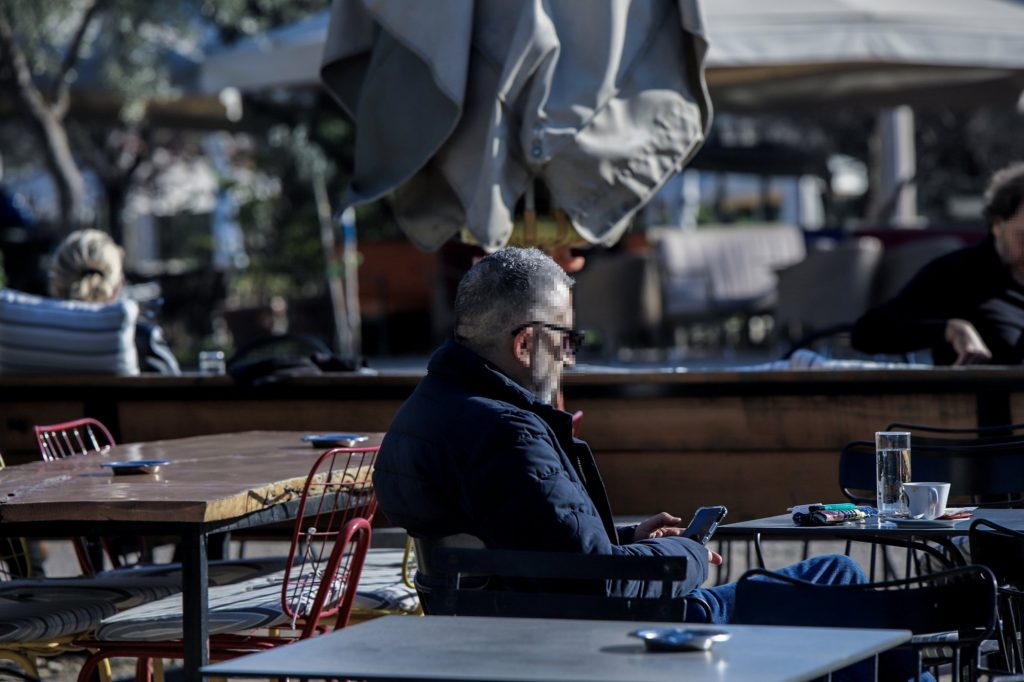
Bad news for coffee prices in Greece, as they have become more expensive as of July 1 in restaurants. The Prime Minister chose to focus on maintaining the reduced 13% value-added tax on non-served beverages and non-alcoholic beverages in addition to taxi fares, in a radio interview he gave earlier today. In fact, he admitted that “since the situation on public transport is not what we would like”, he finds it important that “the taxi is accessible to the average citizen” and that the same applies to the coffee delivery service.
The other half of the truth he doesn’t tell is that from July 1, the 24% VAT on coffee and other drinks served will be reinstated, while from January 1, the higher VAT on non-alcoholic drinks will also return.
The increased VAT from catering companies will be fully passed on to the consumer
According to the Ministry of Economy and Finance, the re-increase of the VAT on coffee, cocoa, tea and chamomile is expected to generate savings of €43 million per year, partially offsetting the financial costs resulting from the extension of the reduced VAT on delivery and take-out estimated at €65 million. annually.
The press representative of the Ministry of Economy said, “It is logical that the value-added tax in this method of presenting the product is higher than in deliveries and foreign orders,” while the government representative spoke of “moves that prove the stability of the state’s economic policy.” The government’s aim is to “reduce taxes, increase citizens’ incomes, increase investments and job opportunities, but also strengthen the most vulnerable groups.”
The official opposition unleashed, with Syriza leader Stefanos Kasellakis declaring: “The lives of citizens cannot be improved by extraordinary benefits based on K. Mitsotakis’ electoral statistics. The citizens of this country are proud. They want solutions now.”
Meanwhile, Nikos Andrulakis, head of PASOK, commented: “I call on the Prime Minister to stop the communication delays, and to study the costly proposals put forward by PASOK – Movement for Change to reduce the value-added tax on basic goods, impose wide-ranging controls and create a single consumer body republic.”
Feedback of focus
On the fences, as expected, are catering professionals, who in a letter to the Minister of National Economy and Finance, Mr. Kostis Hatzidakis, request the horizontal maintenance of the 13% VAT on coffee as well as on non-alcoholic drinks.
“It is very difficult for us to understand with what logic you proceed with this increase, when coffee is already subject to excise tax, as of 2017,” the Greek Union of Restaurants and Related Professions (POESE) said in the letter.
As they say, “The VAT increase, which catering companies will be required to apply, will be fully passed on to the consumer, given that the global price of coffee in the last six months has risen for the Arabica group by 17%.” And for the Robusta variety by 50%%!”. Industry specialists already estimate that as of July 1, the price of coffee served will rise by at least 20-30 cents, for example from 3.50 it will rise to 3.80 euros (almost 9%).
Double tongue
In their letter to the Minister, the catering industry stresses that reintroducing VAT would lead to increased inflation and punctuality – problems that the government acknowledges, in words at least, as the most important, declaring that it is doing its best to solve them efficiently. .
“This chaotic gap between words and deeds has caused intense dissatisfaction in the industry. Unfortunately, this is not the first time that the government has announced that it will not increase any tax, but it has already done so at least twice, once with an increase in VAT on non-alcoholic drinks served and once “Over the next few days with a corresponding increase in coffee.”
Chains are preferred
POESE asserts that in the minds of professionals both regulations are nothing more than “pure revenue collection measures at a time when public revenues are constantly increasing.”
Likewise, they describe the “two actions, two stops” policy as outrageous, and regulations that, they say, “burden only one portion of businesses and thus promote unfair competition.” Finally, they note that cutting VAT on coffee mostly benefits large coffee and food chains – which ultimately specialize in “direct” delivery franchises.
In other words, the government is talking to the “ordinary citizen,” whom it theoretically cares about. Whoever wants to sit will flee, as it is recognized that new price increases are coming.

“Avid problem solver. Extreme social media junkie. Beer buff. Coffee guru. Internet geek. Travel ninja.”





More Stories
“Recycling – Changing the water heater”: the possibility of paying the financing to the institution once or partially
Libya: US General Meets Haftar Amid Tensions Between Governments
New tax exemption package and incentives for business and corporate mergers..